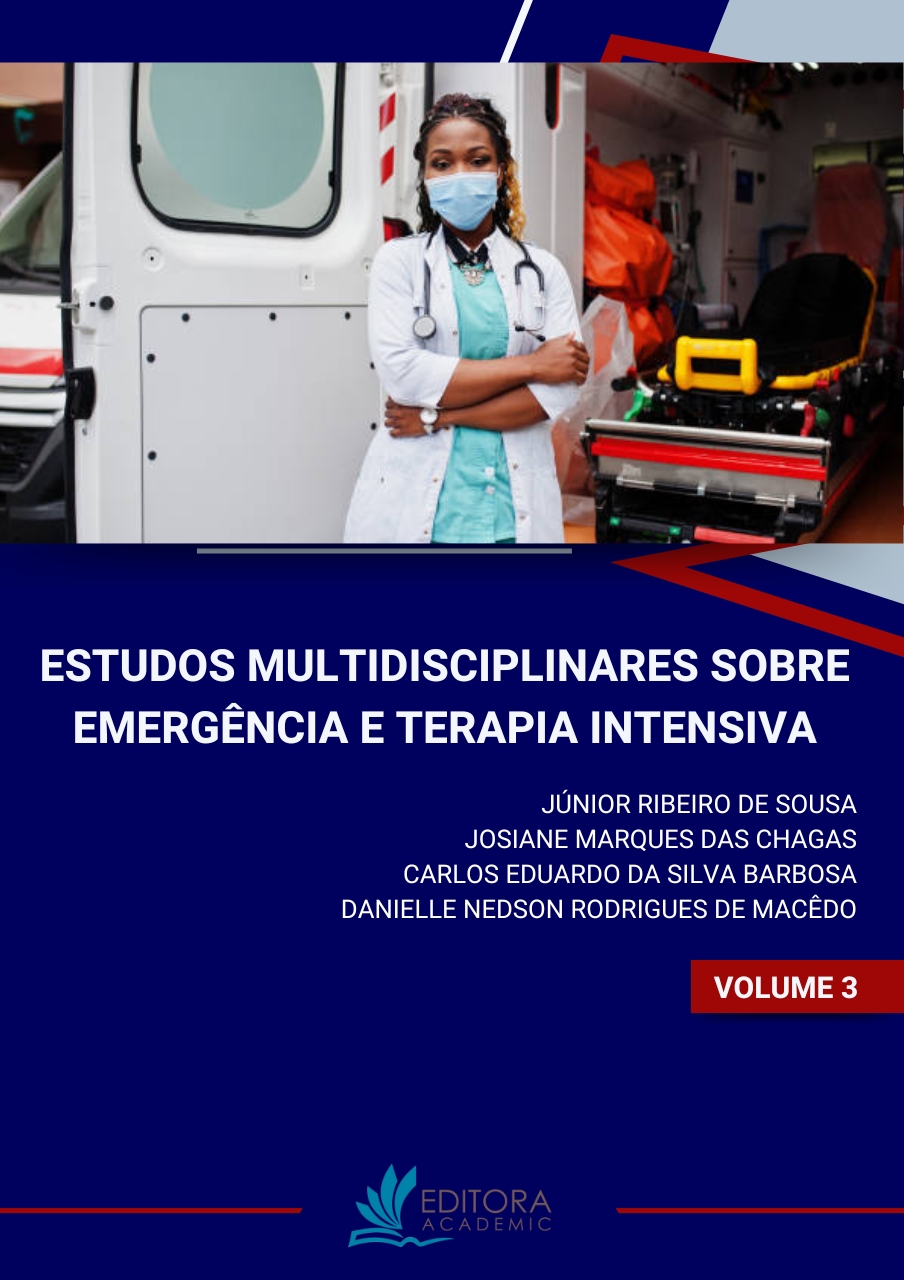
Objetivo:Analisar o manejo integrado da prematurida extrema com a colaboração multidisciplinar na neonatologia. Metodologia: Procedeu-se uma busca sistemática da literatura por meio da consulta dos indexadores de pesquisa nas bases de dados eletrônicos: PubMed/MedLine (Medical Literature Analysis and Retrieval System Online), LILACS (Literatura Latino-Americana e do Caribe em Ciências da Saúde) e SciELO (Scientific Electronic Library Online). A escolha por essas bases de dados se deu pelo fato delas abarcarem uma quantidade significativa de artigos nas mais diversas áreas de estudos em saúde. O critério para escolha das palavras-chaves foi primeiramente verificar se elas estavam presentes nos Descritores em Ciências de Saúde (DECs) e Medical Subject Headings (MeSH), os artigos foram triados de acordo com os seguintes descritores: “lactente extremamente prematuro” e “equipe de assistência ao paciente”, e seus respectivos termos na língua inglesa “extremely premature” e “patient care team" além do descritor “newborn”. O operador booleano " AND" foi incluído para ajustar a busca de artigos. Resultados e Discussão: As taxas de sobrevivência de bebês prematuros com muito baixo peso ao nascer (MBPN) aumentaram nas últimas décadas devido fatores de risco maternos, como diabetes gestacional e pré-eclâmpsia, bem como complicações obstétricas durante o trabalho de parto, podem aumentar a probabilidade de um parto prematuro e a necessidade desses cuidados intensivos. Considerações Finais: Em síntese, o cuidado com recém-nascidos prematuros é um desafio complexo que requer uma abordagem multidisciplinar e integrada. Desde a identificação precoce dos fatores de risco durante a gravidez até a implementação de estratégias de cuidado na UTI neonatal, cada etapa do processo influencia diretamente o resultado do neonato.